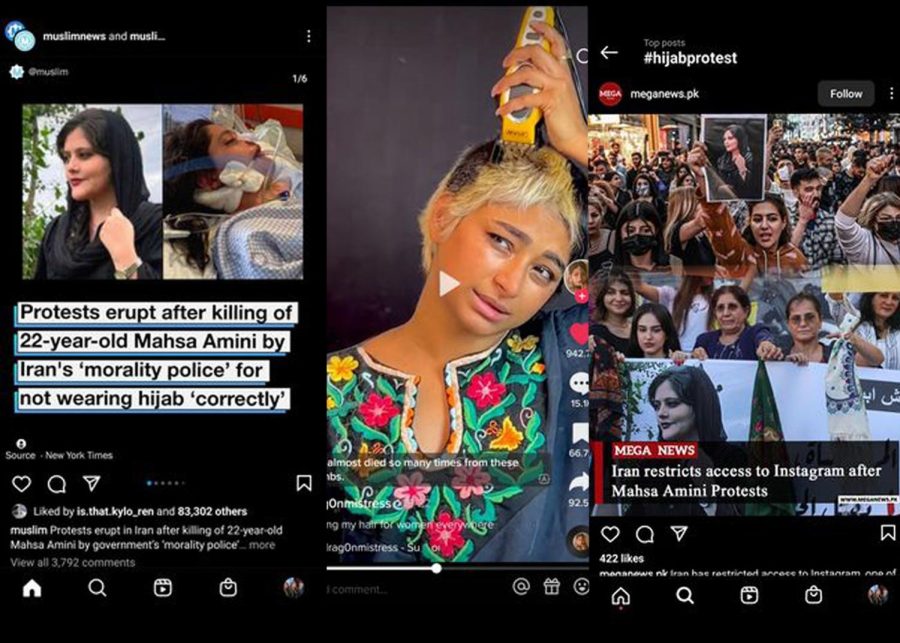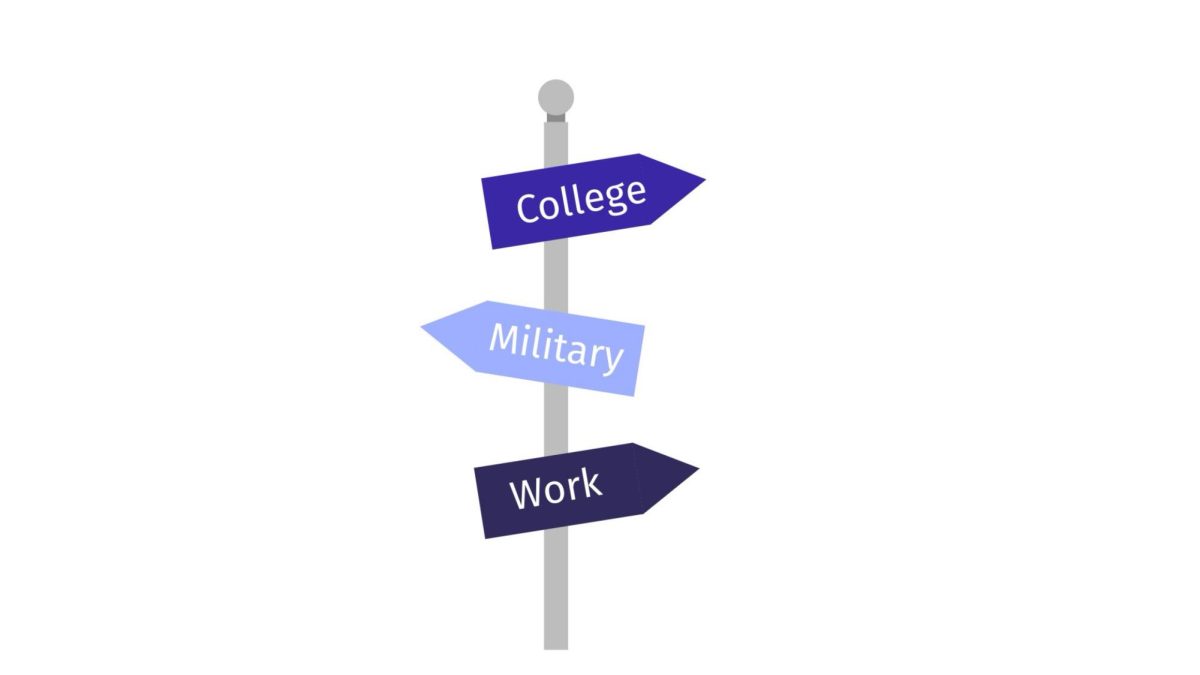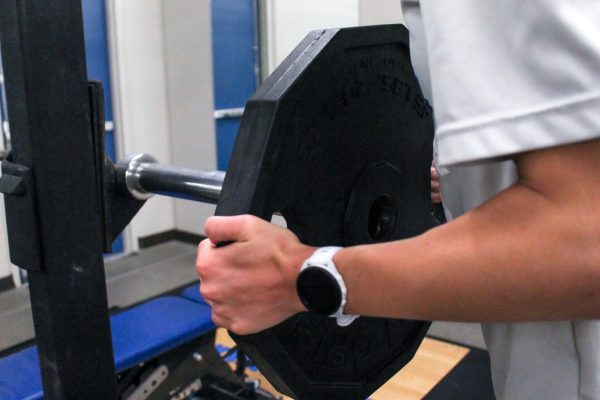Muslim Women Battle for Human Rights
The aftermath Mahsa Amini’s death has been shared widely over Instagram and TikTok, despite Iran banning the social media platforms.
October 3, 2022
Mahsa Amini, a 22-year-old woman, was severely punished and eventually died on September 16th in Tehran, Iran because she was apprehended for allegedly not wearing her hijab “properly.”
The hijab is most commonly known in the Islamic faith as a way for women to follow the Islamic rules of modesty. Currently, the laws in Iran require women to wear a hijab instead of letting the woman decide how to present themselves. Violation of these laws could lead to harsh punishment.
With these circumstances, women in Iran have begun to protest with the intent to gain a choice when it comes to wearing a hijab.
Sophomore Fatima Khalid chooses to wear a head covering daily.
“I cover myself by choice, but what they’re doing, they don’t have a choice,” Khalid said “And they’re protesting the right to choose whether or not they wear it.”
Fatima also states how Iran is trying to control the protests along with what they are doing to cover it up.
“I think so far over 30 people have been murdered by the morality police,” she said. “And people are protesting. They’re shooting people. They’re cutting off the WiFi in Iran right now… they’re doing all the measures they can to stop protests.”
When describing how the protests are going in Iran, she also compared it to the hijab bannings in French school systems.
“A lot of schools are banning hijabs and all these other things, and women are advocating for the freedom to wear it,” Khalid said. “While Iran people want to not wear it. I don’t really think it’s [an]… issue with Islam. I think it’s the issue with, obviously, the right to choose. How in [the U.S.], there was the abortion stuff. Everybody wanted the right to choose, or at least most people did…It’s just a human rights issue, instead of just religious stuff.”
Most information about the protests are being found online, sometimes through news outlets.
“I got most of my info from TikTok, because news outlets aren’t talking about it,” Khalid said. “Western media doesn’t touch that much on the stuff that’s happening in the Middle East. They kind of just turn a blind eye on it. So not a lot of people know about it.”
Comparing America to the Middle East, Khalid shares the irony of how the Roe v. Wade overturning was astronomical in media coverage compared to how the coverage of the struggles in Islamic Countries.
“Everyone here is like feminism and everything,” Khalid said. “But I don’t see anyone talking about this, barely anybody’s talking about this, people from the Muslim community are talking about this battle and see other people talking about it. Like, you know, the girls that say, ‘hashtag girl support girls’. It’s girls support girls unless you’re not white… It doesn’t affect them, so they don’t care. But if the school banned Lululemon, then there would be all the protests….But it shouldn’t give you the right to completely ignore it. Like, act like it’s not happening.”
For the people who are informed about the topic, many people across many media platforms are shaving their heads in support of the protests.
“Cutting the hair would, in a way remove the hijab too, since there’s barely anything to cover,” Khalid said. “But there’s not much to cover. It’s just it’s another way of them removing that hijab. And removing restraints.”








